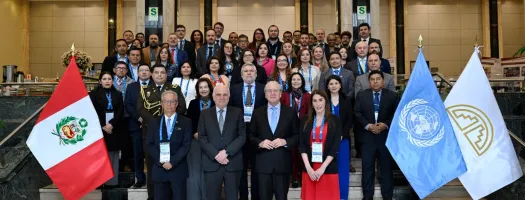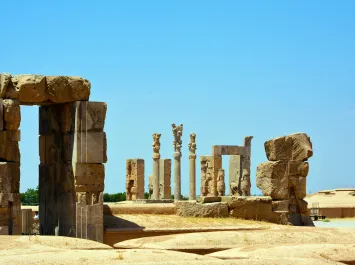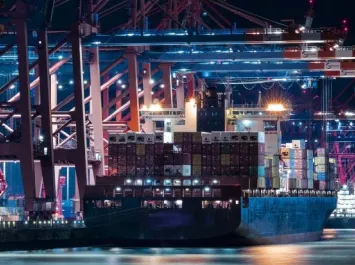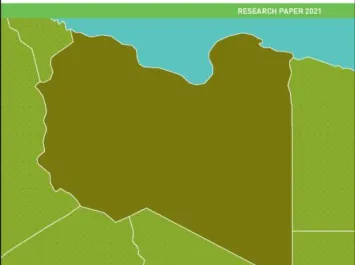
The United Nations Interregional Crime and Justice Research Institute (UNICRI) reaffirmed its commitment to supporting Andean countries in strengthening cooperation, investigative capacity, and law enforcement efforts to address illegal mining and related crimes.
Representatives from Bolivia, Colombia, Ecuador, and Peru gathered in Lima for the XXXII Ordinary Meeting of the Andean Committee on Illegal Mining (CAMI) and the II High-Level Strategic Meeting (RANE), held on 20–21 October. The meetings were co-organized by the General Secretariat of the Andean Community, the Ministry of Foreign Affairs of Peru, UNICRI, and the United Nations Office on Drugs and Crime (UNODC).
During the sessions, participants emphasized the importance of a coordinated regional response to tackle illegal and informal mining, strengthen institutional cooperation, and improve traceability mechanisms across mineral supply chains. The events took place in the framework of the Andean Policy to Combat Illegal Mining (Decision 774) and the newly adopted 2025–2030 Action Plan, which guides regional efforts to enhance investigation and cross-border collaboration against this transnational threat.
In her remarks, Carolina Lizárraga, President of the Board of Trustees of UNICRI, stressed that “environmental crimes such as illegal mining are among the fastest-growing illicit economies worldwide, threatening governance, the rule of law, and fragile ecosystems.” She reaffirmed UNICRI’s commitment to supporting Andean institutions through research, technology, and joint initiatives aimed at enhancing traceability, integrity, and sustainable development within mineral supply chains.
The Secretary General of the Andean Community, Ambassador Gonzalo Gutiérrez Reinel, called for concrete actions, innovation, and closer cooperation to ensure that Andean minerals become a source of sustainable growth rather than organized crime. Similarly, the Vice Minister for Public Security of Ecuador, Jorge Andrés Rivadeneira, representing Ecuador’s Pro Tempore Presidency of the Andean Community, reaffirmed the shared commitment of Member States to implementing the 2025–2030 Action Plan as the foundation for regional collaboration.
Peru’s Vice Minister of Foreign Affairs, Ambassador Félix Denegri Boza, underlined the complexity of illegal gold and critical mineral extraction, which fuels organized criminal networks and illicit financial flows. He stressed the importance of international partnerships and technical cooperation under the Andean framework to strengthen regional resilience to these threats.
Throughout the two-day event, experts presented analyses on illegal mining and associated crimes, contributing to a deeper understanding of the multidimensional nature of this phenomenon and identifying priorities for joint action.
UNICRI’s participation in these discussions builds on its broader research on critical minerals and environmental crime, reinforcing its commitment to support countries in the Andean region and beyond in promoting responsible mineral governance, enhancing institutional integrity, and safeguarding communities and ecosystems.



